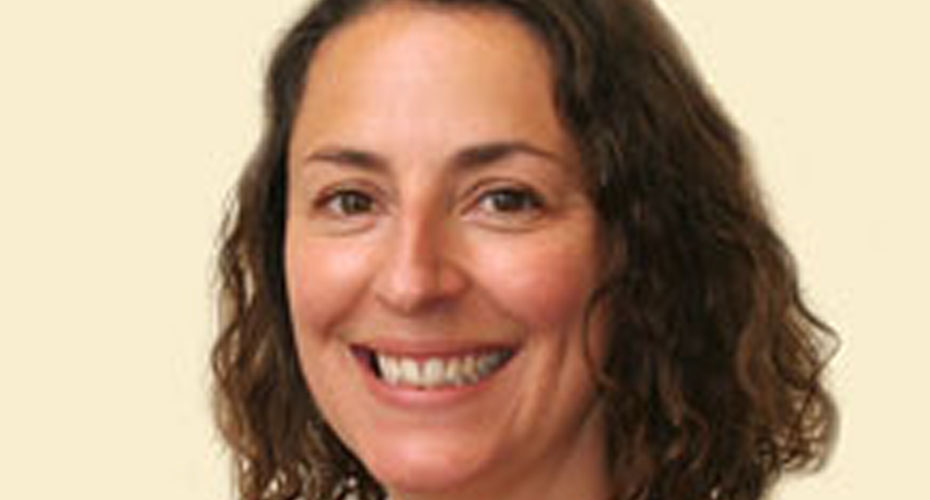Future Food
Future Food
Challenge Overview
This innovative and fascinating Challenge is designed to improve students' understanding of a number of key themes associated with food. Students were introduced to a number of key debates on issues of food security, sustainable food production, food and health, global food trade, eating behaviours and food related inequality.
Before and during Grand Challenges Week, students heard from a range of academics working on different areas of food sustainability via talks and interactive discussions. During the week, students worked in small interdisciplinary groups to design their own project to address an aspect of the theme they were working on. Students had the freedom to work on the issues and questions that they are most passionate about and create something exciting and relevant, whilst making an impact. For example, the student project voted the overall winner on this Challenge in 2021 created a website to promote the use of more seaweed in our diets as a more sustainable and heathier option than fish by educating people on how to grow and cook with seaweed. Students also made suggestions to improve agricultural legislation in the UK, created cookbooks and guides to help inform people to make more sustainable food choices, and designed apps to help reduce food waste in Exeter and beyond. These are just a few examples of the exciting things students have created on this Challenge!
The Challenge academics have created an online course around the key debates in this area, which you can take before Grand Challenges Week to build your knowledge around the key themes.
During the week, well-renowned speakers presented on key issues, including:
- Chris Bryant, Bryant Research Ltd
- Rebecca Sandover, Lecturer in Human Geography
Enquiry Groups
Enquiry groups are the subtopic of the challenge that students will focus on for Grand Challenges Week. These are the enquiry groups that ran on the Future Food Challenge in June 2022:
This enquiry group will consider the food choices people make and the implications these choices have for health and the environment. What should our priorities for dietary change be for improved health and sustainability and how can we encourage or persuade people to change? Students will look at what drives food choices at the individual and societal level including how factors such as age and socioeconomic status influence food choices and how our food environment primes us to make certain choices. Students may also consider how we could try to harness the power of marketing, product promotions and other environmental nudges to try and change people’s food choices for the better.
Food is a global issue. The UK imports 40% of its food and that proportion is rising. Agriculture and land use change are responsible for one quarter of global greenhouse gas emissions, alongside serious impacts on biodiversity and ecosystem services. This enquiry group will investigate the implications of major patterns and trends in global food production. Topics could include how our major sources of food (crops, fisheries, livestock) are produced and the environmental impact this has, or whether you can eat fish and meat sustainably and what the alternatives are.
One in nine people around the world go hungry every day, and with the global population continuing to increase, food security is a growing concern. Students in this enquiry group will look at major threats to food security which may include: climate change, soil erosion, and the weeds, pests and pathogens that attack our crops.
An urgent matter that students can explore is the impact of conflict on food security. Ukraine and Russia provide a third of the world's wheat exports. Moreover, Russia provides the world with huge amounts of fertilizer. What solutions can be considered to mitigate against the reduction of wheat and fertilizer in the supply chain?
Another area of focus may include ‘climate-smart agriculture’ and looking at the impact of recent extreme weather on food production: e.g., the recent early snowfalls in Canada, and drought in Australia that are putting grain prices up. Students may also consider the future of crop production: will it be organic, or genetically modified, or can we find a third way?
This enquiry group will look at issues such as the importance of farm size in driving the economics of agriculture, and what farm size means for those who produce our food. We’ll discuss how governments and organizations like the European Union and World Trade Organizations affect food prices and what is grown around the world, and whether government policies can help us to protect important ecosystem services. Students might also consider ‘sustainable intensification’ and think about what the future food system could look like to benefit our health, environment, and society.



